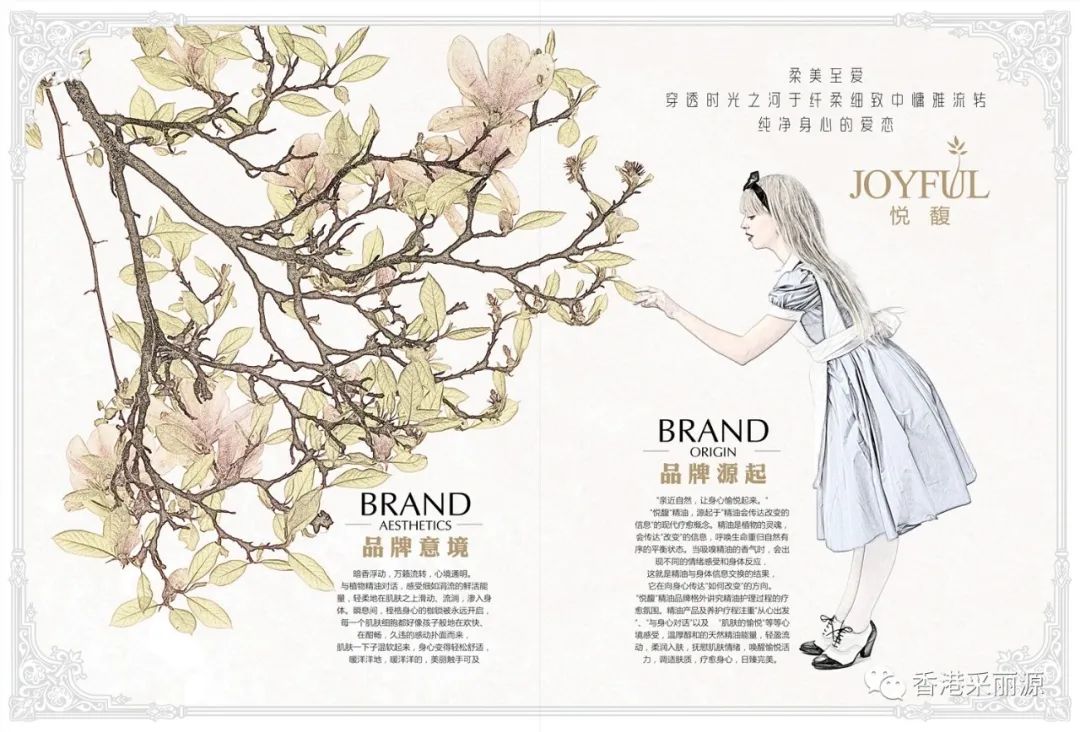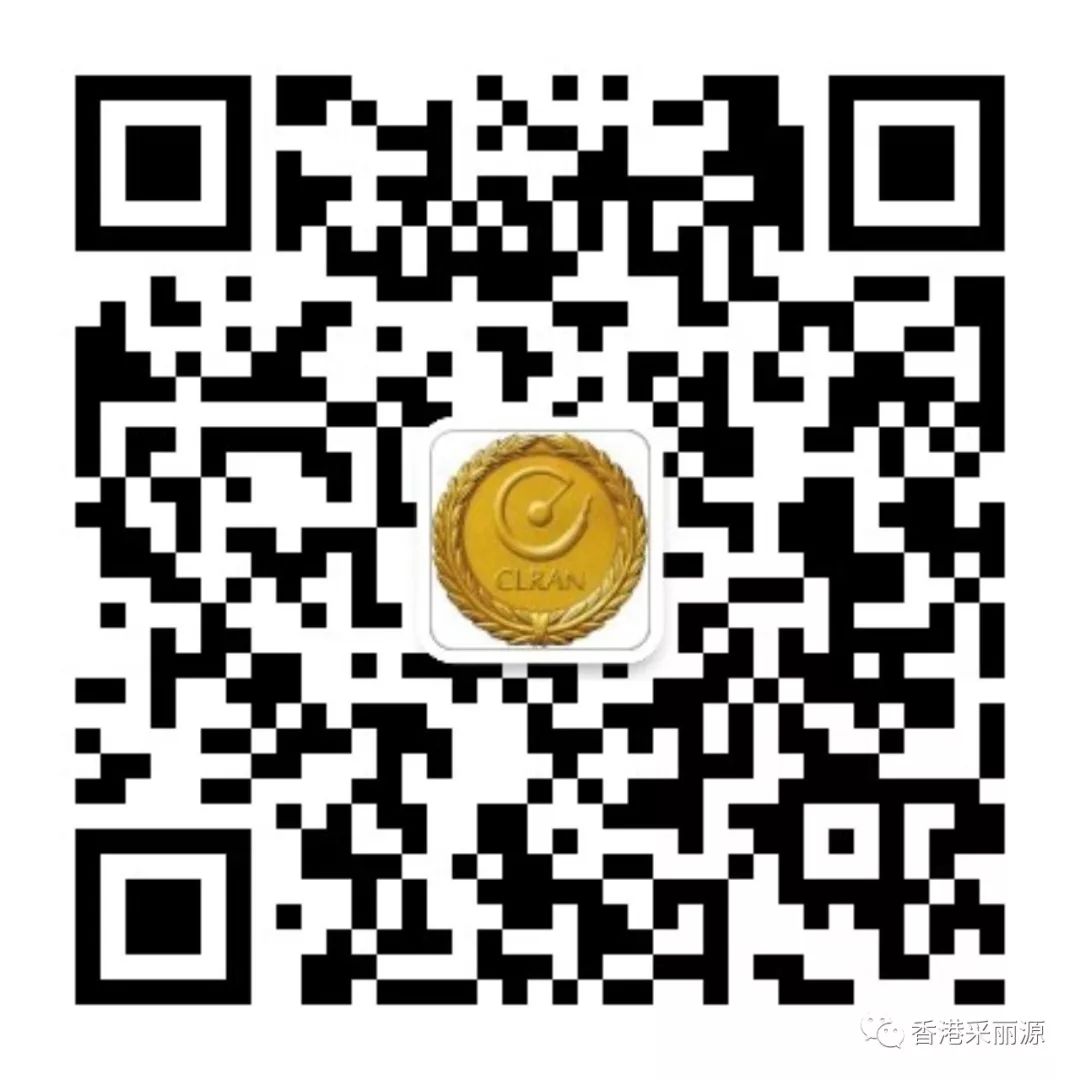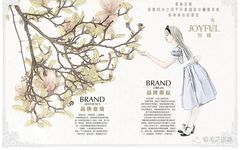
First, let’s look at the definition of Qi Deficiency: Qi Deficiency primarily refers to insufficient Yuan Qi. The main causes are genetic factors inherited from parents and postnatal deficiencies due to improper care. The Qi we refer to here mainly comes from the essence of the kidneys, the transformation of food and fluids by the spleen and stomach, and the essence inhaled by the lungs, which also includes the internal Yin Qi, Middle Qi, and Stomach Qi that combine together.

As we often see in daily life, common illnesses like influenza and avian flu are caused by viruses floating in the air, constantly threatening our health. So, why do some people in the same household easily catch a cold while others only sneeze a couple of times and are unaffected? This is actually due to Qi Deficiency. As stated in the Huangdi Neijing (Yellow Emperor’s Inner Canon), “When the righteous Qi is strong within, evil cannot invade; where the Qi is weak, it is easily disturbed.” This means that those with sufficient Qi are more capable of resisting various pathogens, while those with insufficient Qi will exhibit various symptoms.
Let’s take a look at the symptoms that may arise from a Qi Deficiency constitution!
Firstly, a person may sweat coldly at the slightest stimulus, which is mainly due to lung Qi deficiency. The lungs are responsible for the dissemination and descending of fluids, so they easily lead to cold sweating. Another symptom is frequent dizziness after exertion, as the brain is not sufficiently nourished, and Qi cannot reach the nerve endings. Therefore, after exertion, one may feel dizzy due to the movement of Qi.
Another symptom is frequent colds. This type of cold is different from the cold associated with Yang Deficiency. People with Qi Deficiency may also have Yang Deficiency, but the two are distinct. Yang Deficiency does not belong to the lethargic type, while Qi Deficiency is characterized by fatigue and lack of strength. Those with Qi Deficiency typically catch colds more than four times a year, while normally, one should not catch a cold more than twice a year. Each cold typically boosts immunity and resistance by about 20%, but those with Qi Deficiency may experience colds more frequently.
For women, menstruation may last longer compared to others, as Qi cannot hold blood properly. Qi is responsible for holding and nourishing blood; when it cannot do so, menstruation may be prolonged. Prolonged menstruation can lead to anemia and a higher risk of gynecological infections, affecting various aspects of life. Additionally, there may be excessive and thin vaginal discharge. For men, there may be issues like premature ejaculation and a general feeling of lethargy, leading to a lack of desire to speak and a tendency to lean against things, as Qi Deficiency cannot support the body. When we talk about essence, when Qi Deficiency occurs, the essence is not vigorous, leading to insufficient spirit, which cannot support the body.
Individuals with Qi Deficiency will often have a tongue with teeth marks, as the tongue may swell and press against the surrounding teeth. This indicates that generally, those with Qi Deficiency have insufficient lung Qi, which is responsible for Qi production. The lungs are located at the upper part of the body, so the fluid accumulation in the lungs can lead to tongue swelling. Not only does the tongue swell, but the body may also experience swelling.
At night, individuals with Qi Deficiency may easily wake up from sleep. Normally, good sleep is not easily disturbed, and even if awakened, one can quickly fall back asleep. However, those with Qi Deficiency may wake up easily and take a long time to fall asleep again, or some may even stay awake until dawn. They may also experience inexplicable feelings of fear and anxiety, which can be attributed to liver and gallbladder Qi deficiency, leading to a lack of courage and a timid personality, often accompanied by shortness of breath and frequent nightmares.
In terms of constitution, individuals may be either too thin or too fat. Some cannot gain weight no matter how much they eat, while others cannot lose weight despite efforts, indicating a Qi Deficiency constitution. Therefore, both being too thin and too overweight can be caused by Qi Deficiency. They may also experience unexplained sweating and are prone to colds, but unlike others, they do not easily develop a fever when sick. Climbing stairs may leave them breathless, and even simple activities can lead to fatigue, indicating severe Qi Deficiency constitution. They prefer quiet environments and may feel dizzy in lively situations. They also tend to enjoy sweet foods.
Regarding sweet foods, it is acceptable to consume them in moderation while nourishing the liver, but excessive consumption can harm the spleen and stomach. The best times to eat sweet foods are between 9-11 AM and 3-5 PM, but moderation is key to avoid harming the spleen and stomach.
Skin may lack elasticity, appearing loose and dry, leading to sagging. There may also be bags under the eyes, nasolabial folds, and double chins. Sagging skin, including breast and abdominal sagging, can occur due to Qi Deficiency, which cannot hold blood properly. This can lead to prolonged menstruation, constipation, and other issues, as the lungs and large intestine are interconnected, causing slow peristalsis. Many women experience menstrual irregularities related to organ sagging, particularly the uterus, which is located at the lowest level of the body. If the stomach sags, it can compress the uterus, preventing it from functioning normally, leading to infertility, menstrual irregularities, and various gynecological issues, all closely related to Qi Deficiency. Additionally, loose teeth and bone issues may arise due to insufficient kidney Qi, as the kidneys govern the bones, leading to problems like looseness, fractures, and rheumatism.
In older adults, Qi Deficiency can lead to frequent coughing due to excessive Qi consumption, especially in women who have given birth or undergone surgery. This can result in phlegm accumulation and frequent coughs, as well as conditions like pharyngitis, rhinitis, bronchitis, and pneumonia, all caused by Qi Deficiency.
To address this situation, we need to regulate and tonify Qi. The lungs govern the Qi of life, so we must nourish the lungs. In terms of regulation, we focus on the lungs, spleen and stomach, and kidneys. The lungs and large intestine are interconnected, so we need to regulate the lung meridian, large intestine meridian, spleen meridian, stomach meridian, kidney meridian, and bladder meridian simultaneously. The regulation should focus on two points: first, whether the meridians are unobstructed; second, whether the Qi and blood are sufficient. We rely on dietary supplementation for Qi and blood, and the channels for transporting Qi and blood must be stimulated through manual massage to promote movement and circulation.
First, we look at unblocking the meridians. Individuals with Qi Deficiency should primarily focus on the Taiyin Lung Meridian and the Spleen Meridian, as the spleen is the source of Qi and blood production. Therefore, we must stimulate the Spleen Meridian, and also the Stomach Meridian. Additionally, we should focus on the Foot Shaoyin Kidney Meridian, which corresponds to the Bladder Meridian, the longest meridian in the body, governing overall metabolism. If the Bladder Meridian is blocked, the entire metabolism will be affected, so we need to stimulate the entire body’s meridians.
Our body has the Eight Extraordinary Meridians, which refer to 15 meridians. Therefore, using the Fourteen Essential Oils, along with the Ren Meridian, and Waist and Abdominal Care, we can unblock the entire body’s meridians. Once the meridians are unobstructed, we need to ensure that Qi and blood circulate quickly. At this point, the Qi and blood supplementing energy can be achieved through the Yue Gong, which acts as a fuel station for Qi and blood. Once the meridians are unblocked and the Qi and blood are sufficient, the entire circulation will improve, leading to better gastrointestinal peristalsis. When gastrointestinal peristalsis is efficient, the food consumed can quickly transform into Qi and blood for absorption by the body.
Individuals with Qi Deficiency must tonify the lungs, as the lungs are a delicate organ that is sensitive to air quality. Therefore, it is essential to use purifying essential oils daily, such as the Breath Care Set, to create a mist for better air quality. This will help the lungs recover, improving symptoms of Qi Deficiency. Additionally, the lungs are sensitive to sadness, so emotional regulation is also crucial, and essential oils for emotional balance should be used simultaneously. Furthermore, the lungs dislike spicy foods, which can harm them, and they are also sensitive to cold and dampness. Therefore, we must take good care of the lungs to improve symptoms of Qi Deficiency.
Moreover, to nourish Qi Deficiency, one must practice meditation, as excessive movement can deplete Qi. If time permits, one can meditate three times a day, with palms facing up, inhaling the essential oils from the Breath Care Set, and then meditating for 10-15 minutes each time to help restore Qi Deficiency. It is also important to avoid intense exercise and instead maintain a daily walking routine for half an hour.
Additionally, one should aim for early bedtimes and late wake-ups, ensuring at least ten hours of sleep. Going to bed early is the best way to nourish Qi, as sleep is essential for Qi restoration. Avoiding late nights is crucial, as they not only deplete Yuan Qi but also consume Yang Qi, leading to various health issues.
Furthermore, acupoint therapy is beneficial. The first acupoint to focus on is the Guanyuan (CV4), which stores kidney Qi, or Yuan Qi. A common practice is abdominal breathing, allowing Qi to sink to the Dantian, which refers to the Qi Sea. Another important acupoint is the Shanzhong (CV17), known as the “happy point” of the body. Regularly massaging or scraping this area is beneficial, but individuals with Qi Deficiency should avoid excessive scraping. If scraping is necessary, it should be done sparingly, only once a month, and only on a small area, with minimal bruising. It should not be overly red or dark, as this can harm Yuan Qi.
Shanzhong corresponds to the lungs, so we must stimulate it frequently, especially since the thymus nearby governs immune enhancement. We should also focus on breast care to boost immunity, as good immunity is essential for health. Additionally, the Zhongwan (CV12) acupoint can be used to regulate the spleen and stomach, enhancing their function. The Zusanli (ST36) acupoint must be massaged for 3-5 minutes each time, or it can be tapped or moxibusted. However, individuals with Qi Deficiency should not undergo prolonged moxibustion.
Secondly, dietary supplementation is crucial for addressing Qi Deficiency. It is important to note that individuals with Qi Deficiency should avoid foods like radishes, hawthorn, and sour foods, as these can deplete Qi. Foods like cucumbers, carbonated drinks, and mint should also be avoided, as they can weaken Yang Qi. Mustard should be avoided as well, as it can impair digestive function and worsen Qi Deficiency.
We often recommend consuming Huang Qi (Astragalus) and rice, as rice cooked into porridge is beneficial for tonifying Qi. However, the effectiveness of rice in tonifying Qi has diminished due to the presence of moisture. Modern cooking methods, such as using rice cookers, often do not remove the moisture effectively. Therefore, it is advisable to consume some beef, which can quickly convert into energy and help strengthen muscles. Muscle is essential for burning fat, and a higher muscle content in the body leads to less fat accumulation, preventing weight gain and skin sagging. Beef is also rich in collagen, which helps delay aging and prevent skin wrinkles. Additionally, chicken and lotus seeds are beneficial, especially for those with excessive vaginal discharge, but the lotus heart should be removed before consumption, as it is cold in nature and can increase internal coldness and dampness. It is recommended to prepare nourishing porridge using Huang Qi, or to cook rice with it for the quickest Qi tonification. Adding honey dates (2-3 grams), yam, coix seed, white lentils, lotus seeds, red beans, and a single longan can enhance the porridge’s effectiveness.
Finally, I would like to conclude our discussion with a famous quote from Hippocrates, the father of modern medicine: “Let food be thy medicine, and let medicine be thy food.”


